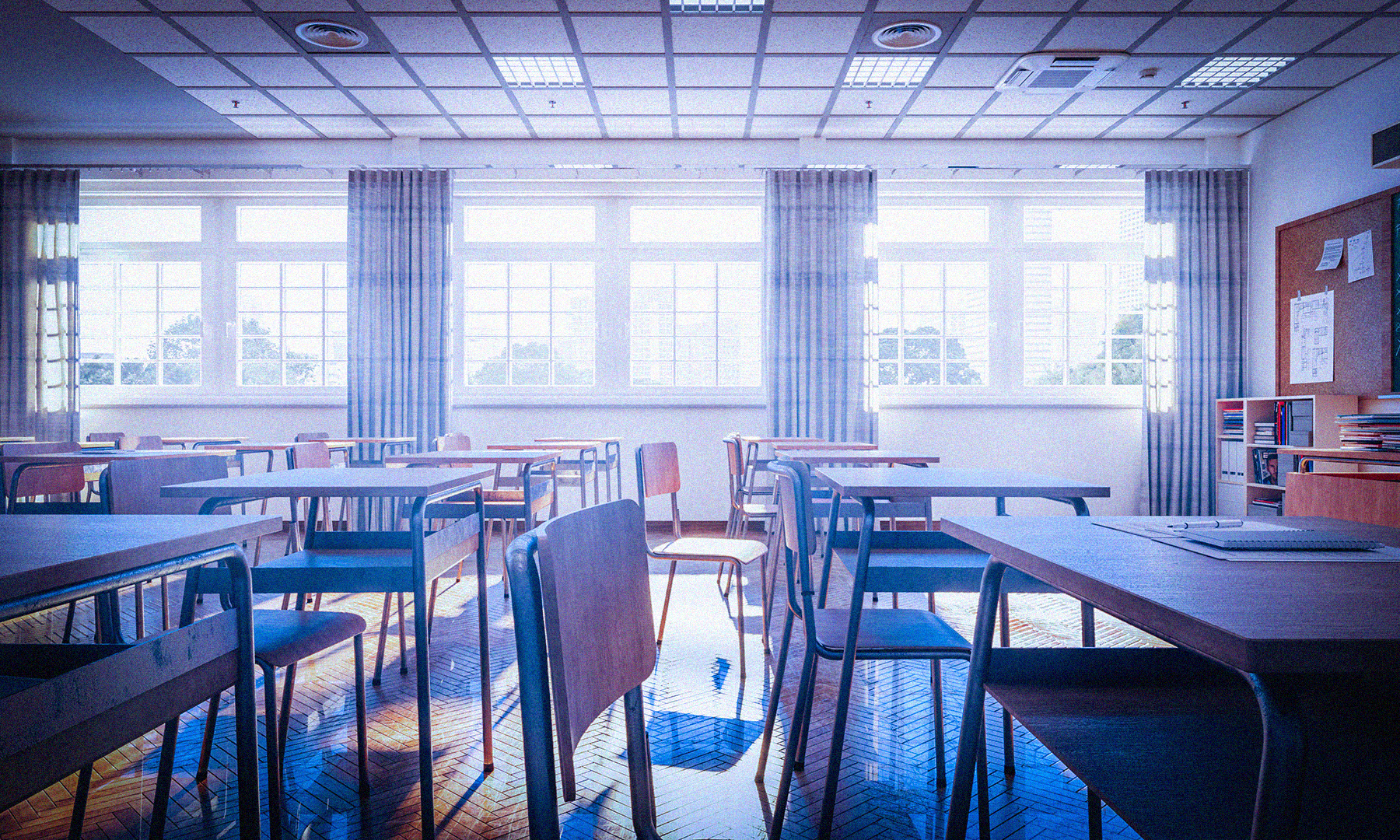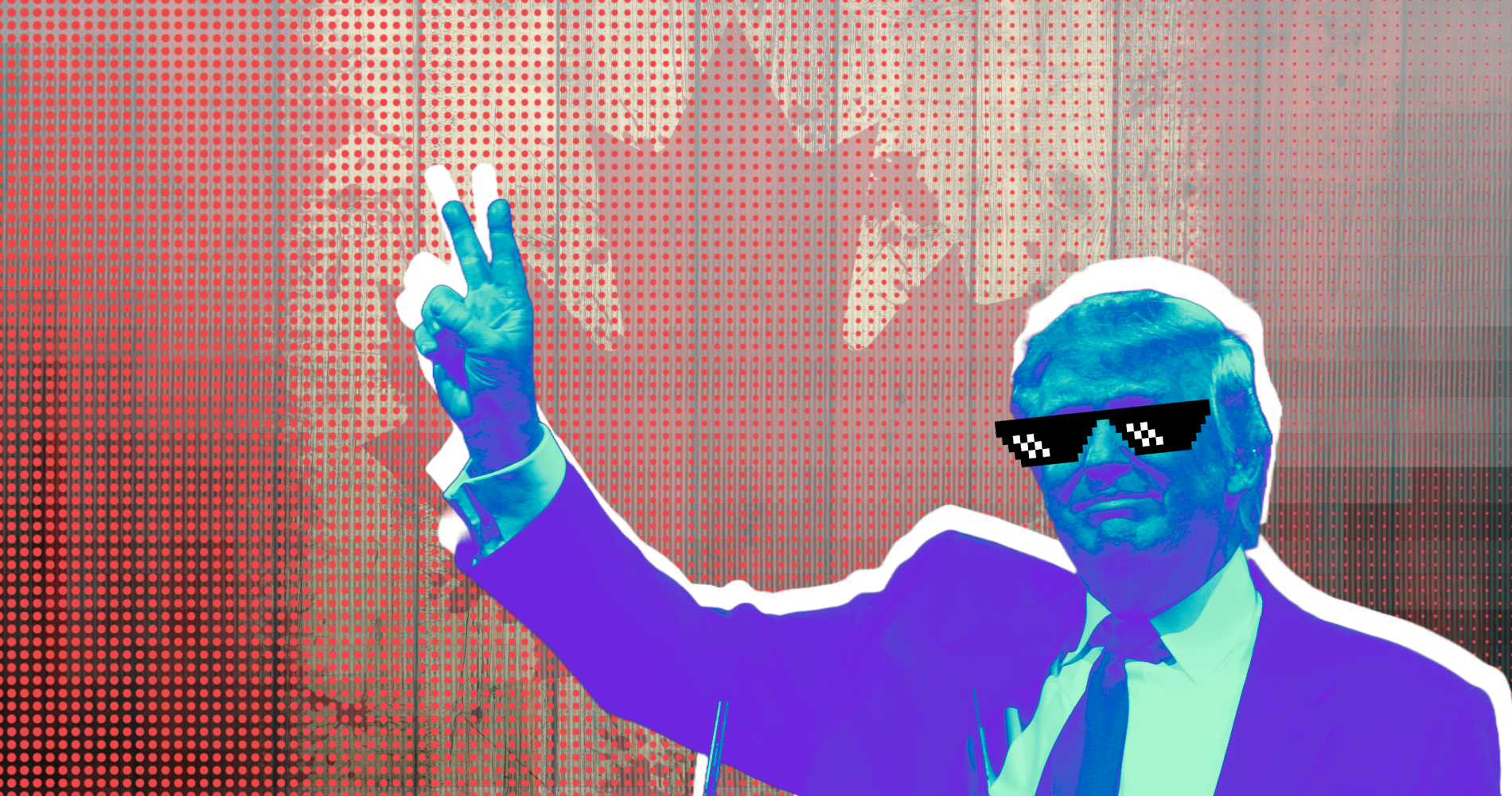Our content is fiercely open source and we never paywall our website. The support of our community makes this possible.
Make a donation of $35 or more and receive The Monitor magazine for one full year and a donation receipt for the full amount of your gift.
Public-school systems—the school buildings, teachers, and education workers that make them function—allow students to have opportunities to access the vast resources to obtain knowledge and tap creativity.
Those resources include excerpts from books, digital content, and music. All these materials are protected by copyright, but are legally available for students through a process called fair dealing—that is, the right of educators and students to use excerpts of copyrighted materials for educational purposes.
But if the publishing industry has its way, fair dealing is destined for the history books.
Aside from addressing password sharing on digital streaming platforms and illegal downloading, copyright laws are not something that the average Canadian contemplates much, if at all. But for the last decade a behind-the-scenes effort has been underway to make legal access to copyrighted material more expensive and less accessible to those who need it most: educators and their students.
The COVID-19 pandemic and the subsequent lockdowns made it clear that Canadians were far from equal. Those who could work at home could stay safe, while those who could not faced daily risks to their health and limitations to their access to information and learning. This inequity was made even clearer by the recent and lengthy school closures.
Suddenly, thousands of students and their families were left to fend for themselves. It became more evident that children and their families are dependent on public schools not only for quality inclusive education, but as safe spaces, places to receive a nourishing breakfast, and for much needed social supports.
In fact, when the doors closed and many schools went virtual, inequity was impossible to ignore. Large percentages of our students had no access to the internet and information and resources required for learning. The closures were proof that schools and publicly funded education systems—essential to Canada’s communities and to its next generation of leaders—are key to fostering equity in our society.
As publicly funded education begins to recover from the pandemic, another struggle within education persisted under the radar. The outcome of this struggle, fought by the publishing industry’s lobbyists to rewrite copyright laws (expected before the next federal election), could upend public education for generations to come.
In 2012, the Supreme Court of Canada ruled in favour of fair dealing—a decision the Canadian School Boards’ Association, the Canadian Association of School System Administrators, and the Canadian Teachers’ Federation fought hard for. Think of the countless lessons developed by teachers that are supported by passages from books, articles, or videos and digital images, and imagine all of it locked behind a paywall. That is exactly what the publishing industry, and their teams of lobbyists have been trying to achieve.
In practice, fair dealing guidelines are exactly that—fair. Educators are not permitted to copy full works, but that’s not what the publishers would have you believe. Throughout this process they have repeatedly made baseless claims of teachers regularly infringing copyright law, almost single-handedly taking down an industry. In 2019, as the result of an ongoing lawsuit launched by Access Copyright against school boards throughout the country, a federal court order required teachers in various provinces and territories to turn over all lesson materials, seen by many as an act of intimidation.
And if pointing the finger at teachers wasn’t bad enough, the publishing industry has worked to convince artists and authors that they are being shortchanged by fair dealing practices—that teachers and students are robbing creators of a living. In reality, it is the industry that is set to profit the most should fair dealing be dropped, and tariffs reintroduced.
Our next generation of writers, artists, thinkers, and readers is only possible if we help nurture their curiosity, creativity, and intellectual pursuits, and only by ensuring equity in education can we make that happen. By having access to enriched materials made available through fair dealing, students’ worlds expand beyond the classroom and teachers’ ability to connect and engage has a chance to flourish; to write the next great book, or simply buy one. Instead, publishers want to narrow or eliminate teacher and student access to online resources in sacrifice not only of children’s potential, but Canada’s too.
We want to see a balanced approach to copyright law, one that recognizes the rights of content producers and users. We want authors and artists to be properly recognized financially for their cultural contributions. We also want teachers and students to continue to have “fair and equitable access” to the wealth of publicly available resources to enrich the learning experience, and a Canada where future artists are cultivated from all walks of life.
The way forward is not to do away with fair dealing but to strengthen it to ensure that publicly funded education systems in Canada are stronger, more inclusive, and more equitable than they are today. The pandemic showed us all just how essential access to information and learning are to Canadian society, let’s not ignore that lesson.


